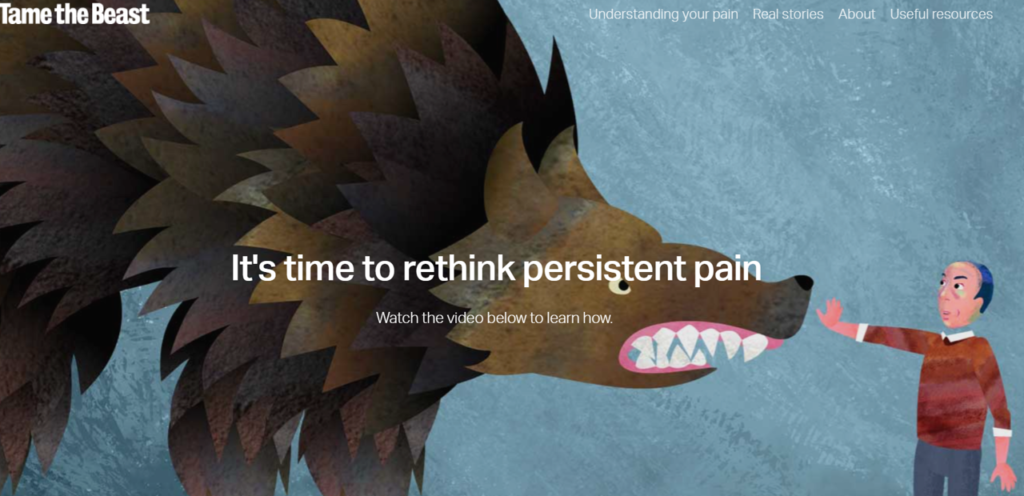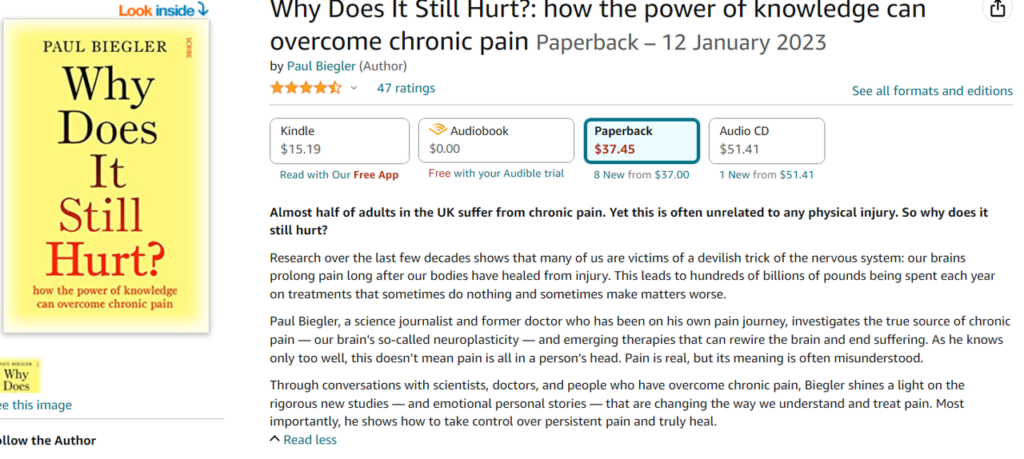Chronic pain has long been a complex puzzle in the medical field, with numerous theories on its origin and persistence. However, recent research has suggested that inappropriate feedback loops may be a significant factor in chronic pain.
Professor Lorimer Moseley, a pain researcher and neuroscientist, has proposed that chronic pain can be caused by the brain’s misinterpretation of signals from the body. This misinterpretation can lead to an ongoing pain response, even in the absence of any physical damage or injury.
For example, someone who has lost a limb may experience phantom limb pain, which is a type of chronic pain that occurs in the missing limb. The brain continues to receive input from the nerves that formerly supplied the missing limb, and this can lead to the perception of pain in that area.
Author Paul Biegler has written extensively on the topic of chronic pain, emphasizing the importance of understanding the psychological and social factors that can contribute to it. Biegler argues that chronic pain is not solely a physical phenomenon but is also influenced by emotional and psychological factors.
Patients who experience chronic pain may benefit from a multidisciplinary approach to treatment that addresses both physical and psychological factors. This may include physical therapy, medication, counseling, and mindfulness-based interventions. Patients may also find relief through lifestyle changes such as exercise, a healthy diet, and stress reduction techniques.
In conclusion, research into chronic pain is still evolving, but current thinking highlights the potential for inappropriate feedback loops to be a significant factor in its persistence. This highlights the importance of addressing both physical and psychological factors in the treatment of chronic pain. Patients can also take steps to manage their pain through lifestyle changes and psychological techniques.

